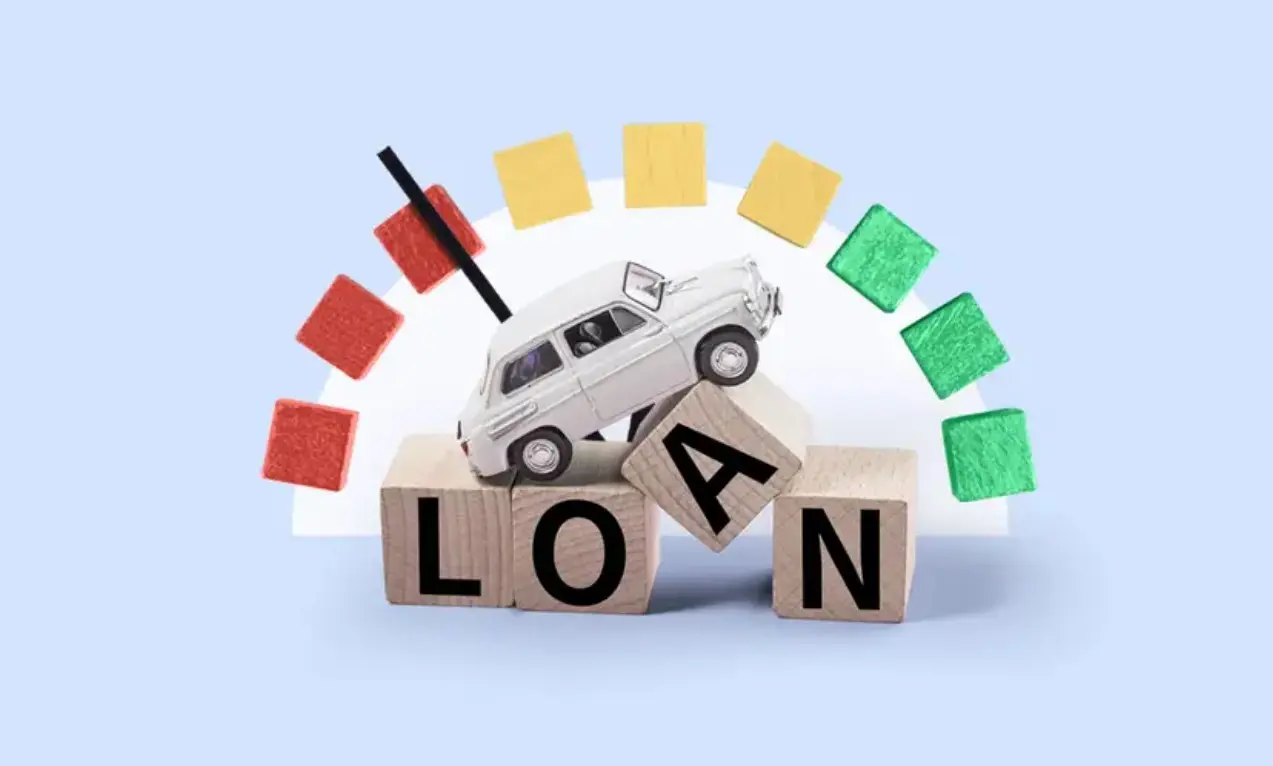Students who have a car will find their life much easier since they have to go to classes, work part-time, and perform social obligations. But, when your credit rating is not fantastic or even worse, nonexistent, it can seem like buying a good car is a dream. Luckily, a deal can be closed successfully even in the face of financial difficulties in case one has an appropriate strategy in mind.
Understanding the Challenges
The lenders usually evaluate the credit history to know how risky it could be to lend money. A poor picture may be created for students when credit activity is low and when payments are not made, or there is a mistake with finances. It is here that car finance for bad credit enters the equation and helps to move on with a turbulent financial history.
Build Credit Gradually
Applying for a student credit card and repaying the balance each month will demonstrate to lenders that you can handle money. Equally, timely payment of utility bills or mobile contracts will give someone credibility in the long run.
Monitor Your Score
Services like Experian or Equifax offer free tools that allow users to track their credit rating and identify areas needing improvement. Even small gains in your score can increase the number of offers available.
Choose the Right Vehicle
Rather than eyeing high-performance models, focus on fuel-efficient hatchbacks, hybrids, or older certified used cars with low mileage. These options typically come with reduced insurance premiums and ongoing costs, helping you manage your budget.
Look for Pre-Approved Finance Options
Several car dealerships and lenders offer pre-approval tools, allowing you to gauge how much you can borrow without affecting your credit score. Use this to filter cars within your price range.
Explore Your Financing Choices
One solution is to have a parent or guardian co-sign the agreement. Their stronger financial standing can reduce interest rates and improve your chances of approval. However, the guarantor becomes responsible if payments are missed, so this route requires serious trust.
Specialist Lenders
Some companies specialise in helping individuals secure loans despite past defaults or thin credit files. These providers often factor in income stability or student grants as proof of affordability.
Part-Exchange Schemes
Trading in an older vehicle—even a modest one—can help reduce the total loan needed. Lower borrowing requirements often lead to easier approvals and more favourable repayment plans.
Negotiate Smartly
It’s tempting to agree to a lower monthly instalment, but stretching payments over a longer term can increase total interest. Instead, consider the overall loan amount and choose the shortest term that remains affordable.
Ask for Additional Perks
Even if interest rates can’t be lowered, dealers may offer extras such as extended warranties, reduced deposit requirements, or minor servicing packages. These incentives can enhance value without increasing costs.
Budget Honestly
Figure out how much you anticipate spending every month on insurance, petrol, maintenance, and loan repayments. Be conservative in calculations in order not to overcommit. When there is any doubt, even a small one, related to the issue of affordability, it is time to rethink the date of the purchase.
Take Control of the Process
It does not rule out the possibility of approval, even though having a bad credit and being a student can make it harder to be approved. With better decision-making, having done the research on financing options, and slowly establishing your credit, you should be able to get a deal that fits not only your academic life but also your financial life. Instead of going in blindly, get to know your stand and start the trip strategically; your future self will appreciate it.










